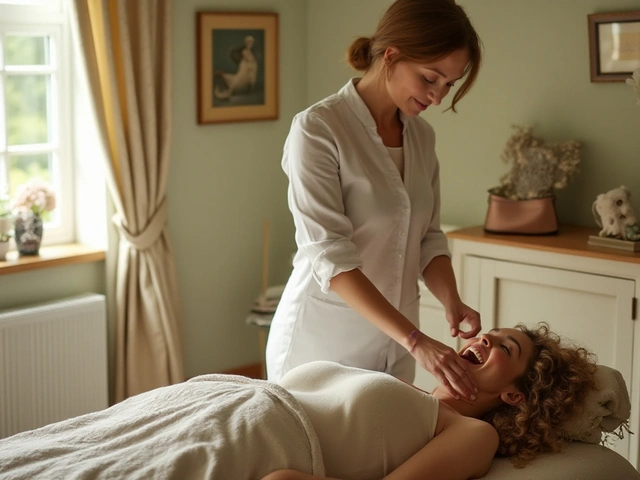Maternal health for dogs: clear, practical care before and after birth
Pregnant and nursing dogs need focused care—small changes in diet, handling, and rest make a big difference for the mom and her puppies. You don’t need fancy gear or medical training to help, but you should know the basics that keep both safe and healthy.
Before birth: prep and daily care
Start with a vet check as soon as pregnancy is confirmed. The vet will confirm due dates, check body condition, and advise on vaccines or deworming that are safe during pregnancy. Ask about any breed-specific risks—some breeds need extra monitoring.
Nutrition changes matter. Move to a high-quality puppy or gestation diet in the last third of pregnancy; it packs more calories and the right nutrients for growing pups. Feed smaller, more frequent meals if the mom’s belly limits how much she can eat at once.
Keep exercise gentle and consistent. Short walks and light play keep muscles toned and circulation good without stressing the pups. Avoid high-impact activity and hot weather. Let the dog set the pace: if she slows down, that’s her body telling you to rest.
Light massage can help reduce tension and improve comfort. Use slow, gentle strokes along the back and hips—never press hard on the belly. If you’re unsure, ask a vet or certified canine massage therapist for a short demo.
Prepare a quiet whelping area a few weeks before the due date: a low-sided box in a calm room with soft bedding. Let the mom get used to it so she smells and accepts the space when labor starts.
After birth: newborns and mom care
Right after delivery, watch that mom eats, drinks, and rests between puppies. She should clean and nurse them. Count puppies and keep a simple record of birth order and times. Newborn puppies should nurse within two hours when possible—colostrum gives essential antibodies.
Monitor mom for signs of trouble: heavy bleeding, fever, refusal to eat, extreme lethargy, or any discharge with a bad smell. Watch puppies for steady weight gain and warmth; cold, weak, or non-suckling pups need immediate help.
Keep the whelping area warm and draft-free. Check mom’s nipples daily for swelling or redness—mastitis (nipple infection) needs prompt vet care. Maintain hygiene: change bedding often and wash hands before handling puppies.
Sleep and food are healing. Offer calorie-dense meals and fresh water often—lactation uses lots of energy. Short gentle walks help circulation and mood, but no strenuous exercise until the vet clears her.
When to call the vet? If labor lasts more than a few hours between puppies, if a puppy is stuck, if mom has a fever or won’t eat, or if any puppy seems weak or isn’t gaining weight. Quick action keeps risks low.
With simple prep, calm handling, and close observation, most moms and litters do well. Trust your vet, take notes, and don’t hesitate to ask for help—maternal health matters for the whole family of dogs you care about.

The Soothing Benefits of Prenatal Massage During Pregnancy
As the journey of pregnancy unfolds, many mothers-to-be experience physical and emotional changes that can be challenging. Prenatal massage offers a therapeutic approach to easing these discomforts. This article delves into the comforts and health benefits provided by prenatal massage, outlines when it is safe, and discusses techniques and positions to maximize relief. Practical tips for choosing a qualified therapist and integrating massage into pregnancy wellness routines are also covered.

How to Restore Your Gut Health After Antibiotics
Dec, 31 2025



